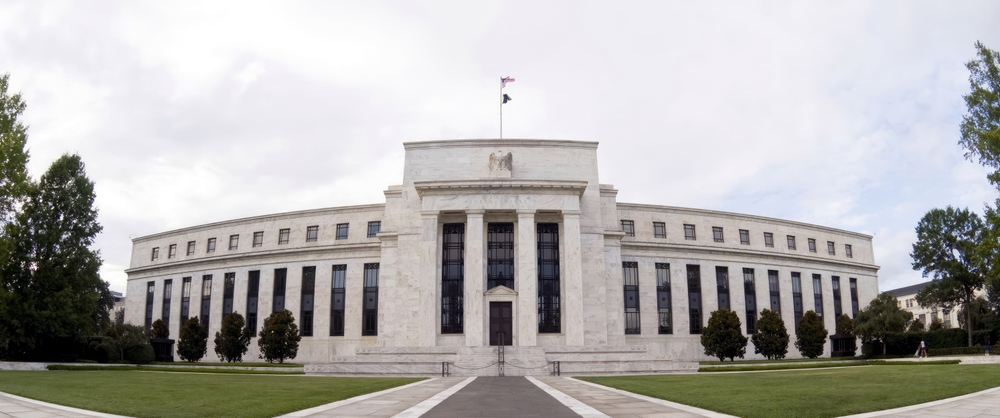
A Most Favored National Policy for Pharma Drugs Makes Sense
"Most favored nation" pricing can help make America's pharmaceutical marketplace more competitive.
It is not surprising that President Trump issued a May 12, 2025 executive order, “Delivering Most-Favored-Nation Prescription Drug Pricing to American Patients," which represents the administration’s efforts to lower prescription drug prices. This action uses what is known as “most favored nation” pricing to link the price of selected U.S. pharmaceutical drugs in America to countries where the same drugs are sold for less. The order extends beyond Medicare Part B drugs and will likely target lucrative expensive medications like GLP-1 drugs (known for weight management et al). Also targeted will be the ability of Big Pharma to set its own prices.
It is sensible both economically and politically.
As an economist, I believe that the marketplace is the best way to solve most pricing problems. Unfortunately, America’s pharmaceutical industry, and medical care in general, are not competitive marketplaces. Regulations, industry consolidation, and third-party insurance all lead to extraordinarily high prices for medications. Expensive to begin with, the cost of drug development has increased by a factor of 5 when accounting for costs of capital and failures. From 2008 to 2019, the ratio of R&D spending to total sales increased from 11.9% to 17.7%. Once launched though, the marginal cost of manufacturing most drugs is extraordinarily low. In many cases a single capsule costs only pennies to make. In a truly competitive market, where marginal revenue and marginal cost equate in the long run, many medicines would be extraordinarily inexpensive.
Economic Dynamism
.jpg)
Do Dynamic Societies Leave Workers Behind Culturally?
Technological change is undoubtedly raising profound metaphysical questions, and thinking clearly about them may be more consequential than ever.

The War on Disruption
The only way we can challenge stagnation is by attacking the underlying narratives. What today’s societies need is a celebration of messiness.

Unlocking Public Value: A Proposal for AI Opportunity Zones
Governments often regulate AI’s risks without measuring its rewards—AI Opportunity Zones would flip the script by granting public institutions open access to advanced systems in exchange for transparent, real-world testing that proves their value on society’s toughest challenges.

Downtowns are dying, but we know how to save them
Even those who yearn to visit or live in a walkable, dense neighborhood are not going to flock to a place surrounded by a grim urban dystopia.

The Housing Crisis
Soaring housing costs are driving young people towards socialism—only dispersed development and expanded property ownership can preserve liberal democracy.

Oren Cass's Bad Timing
Cass’s critique misses the most telling point about today’s economy: U.S. companies are on top because they consistently outcompete their global rivals.

Blocking AI’s Information Explosion Hurts Everyone
Preventing AI from performing its crucial role of providing information to the public will hinder the lives of those who need it.



.jpeg)




.jpg)





